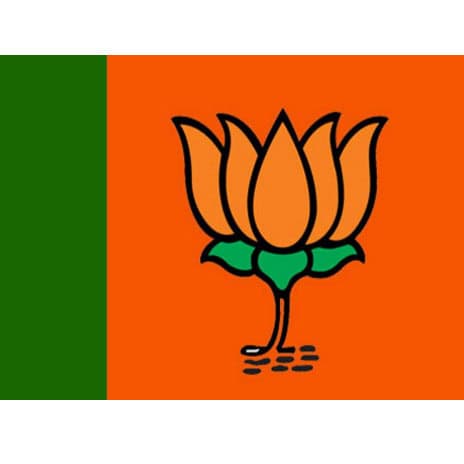Beijing
The Bharatiya Janata Party (BJP) had recently tried again to enhance its influence in neighboring countries, but this time it failed and was met with clear resistance.
Colombo and Kathmandu had both expressed outrage and condemnation against the remarks made in mid-February by Biplab Kumar Deb, Chief Minister of India’s Tripura state, that the ruling BJP had plans to expand the party into neighbouring countries like Nepal and Sri Lanka, the Global Times reported.
According to the newspaper, it was not the first time the BJP had looked ambitiously outward.
However, the newspaper talked to Sri Lankan and Nepali people to learn about BJP’s influence in local communities of neighbouring countries, through NGOs (non-governmental organizations) or under the guise of religious welfare.
Experts said such moves completely exposed India’s hegemony and expansionist ambitions as a self-defined superpower in the region.
BJP’s national president Amit Shah had ambitions to establishing branches of the BJP in neighbouring countries to win elections there and form a government.
The governments of Nepal and Sri Lanka have strongly opposed such politically motivated expansions of the BJP in their countries.
Local Nepalese told the Global Times that there was a clear infiltration of the BJP in Nepal through various groups associated with it.
The BJP – a right-wing party, whose policy had historically reflected Hindu nationalist positions, had close ideological and organizational links to its older sister unit, Rashtriya Swayamsevak Sangh (RSS), a Hindu nationalist volunteer organization, said a Nepali veteran political observer.
The RSS was founded in 1925, before the independence of India, during the British colonial rule.
The organization promotes ideals of upholding Indian culture and the values of its civil society while spreading Hindutva, a form of Hindu political nationalism, to strengthen the Hindu community.
The purpose of its foundation is to establish the hegemony of Hindus and the Hindu way of life.
“The RSS in decades past had published a political map called Akhanda Hindustan (Indivisible Hindu’s land) which incorporated small nations in the region, including Nepal.
It was the master plan of the RSS to expand Hinduism in the region and to assimilate small neighboring nations into India,” a political observer, also a local journalist, told the newspaper.
The RSS created another sister group called Hindu Swayamsevak Sangh (HSS).
The organization had been working in different parts of Nepal in the early 1990s, said the observer.
He added,”They have been working as BJP’s political tools in Nepal, but not openly.
Outwardly it pretends to be a promoter and supporter of Hindu culture and identity, but there should be no doubts remaining that it is a branch of RSS that embraces the views of right-wing-politics.”










